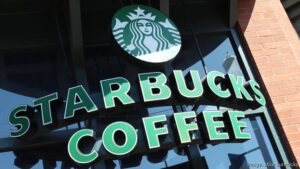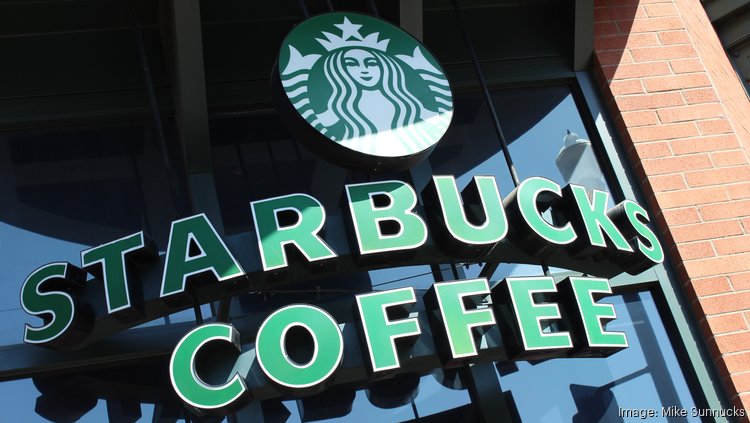Article published in the Philadelphia Business Journal on June 26, 2023.
The fallout from an incident that went viral five years ago at a Starbucks cafe in the Rittenhouse Square neighborhood of Philadelphia was front page news on June 13. A jury awarded Shannon Phillips, regional director of operations for the Philadelphia area, $25.6 million in damages after finding that Starbucks discriminated against her when she was fired because she is white.
The jury sent a message to Starbucks by awarding $600 thousand in compensatory damages and an eye-popping $25 million in punitive damages.
The incident occurred in April 2018 when two Black men who were waiting for a business associate were arrested because they refused the request of the barista to leave the cafe. They had not yet placed an order and asked to use the restroom. It is not unusual for people at Starbucks to wait until their friends or colleagues arrive before making a purchase.
After they refused to leave, the barista called the police who led the two men out in handcuffs. Videos of the arrest, which were recorded on customer cell phones and posted on social media, resulted in calls for a nationwide boycott of the company.
Quoting from the Starbucks Value Statement, “With our partners, our coffee and our customers at our core, we live these values … creating a culture of warmth and belonging, where everyone is welcome.” Apparently, this was not the case the day that the two Black men were arrested.

The arrest of these two individuals caused an uproar and accusations of bias and discrimination against Black customers. In a public statement, Starbucks CEO Kevin Johnson described the incident as a “disheartening situation … that led to a reprehensible outcome.” Johnson flew to Philadelphia to apologize to the two men. Starbucks closed their cafes across the U.S. for a day of racial bias training.
In their defense, Starbucks stated in their court filing that Phillips was terminated for “failing to lead” [in the aftermath of the incident]. Starbucks claimed that “during this time of crisis, Starbucks’ Philadelphia market needed a leader who could perform. Ms. Phillips failed in every aspect of that role.”
That allegation was disputed by Camille Hymes, one of Phillips’ supervisors who stated that [she] was “a strong performer” in her role as Regional Director and testified to multiple instances of Phillips’ “positive leadership after the incident.”
Paul Sykes was the district manager directly responsible for overseeing the Starbucks cafe where the incident took place and reported to Phillips. In his deposition, Sykes was asked if he thought race was a factor in Phillips’ termination. He responded “yes.” The jury evidently placed heavy weight on Sykes’ comment.
Phillips’ attorney argued in court that she was scapegoated and fired because she is white. Sykes, who is Black, was not fired. Starbucks should have settled with Phillips before the case went to the jury. The settlement would have been much less than the jury award.
It is unknown how far up in the organization the decision to fire Phillips was reviewed and approved. Due to the sensitive nature and the media coverage of this incident, the decision of who to discipline within the management ranks should have been reviewed and approved by the Starbucks CEO.
The equitable treatment of employees and fairness of any disciplinary action needs to be made using common sense and good critical judgment. It doesn’t appear that this was done by Starbucks when deciding to fire Phillips. This was an expensive lesson for Starbucks. It’s a lesson for all organizations.
Stan Silverman is founder of Silverman Leadership and author of “Be Different! The Key to Business and Career Success.” He is also a speaker, advisor and widely read nationally syndicated columnist on leadership. He can be reached at Stan@SilvermanLeadership.com.

